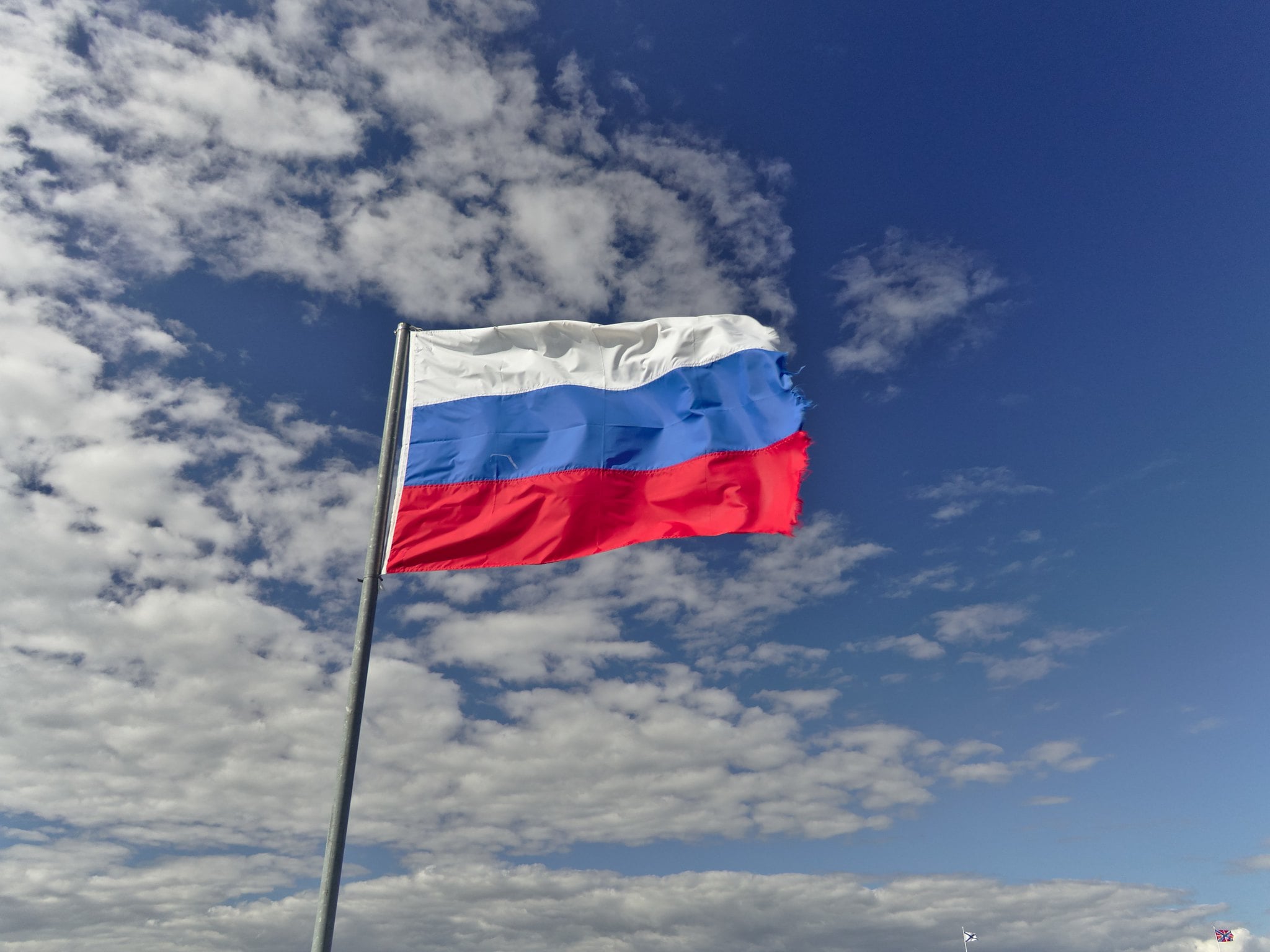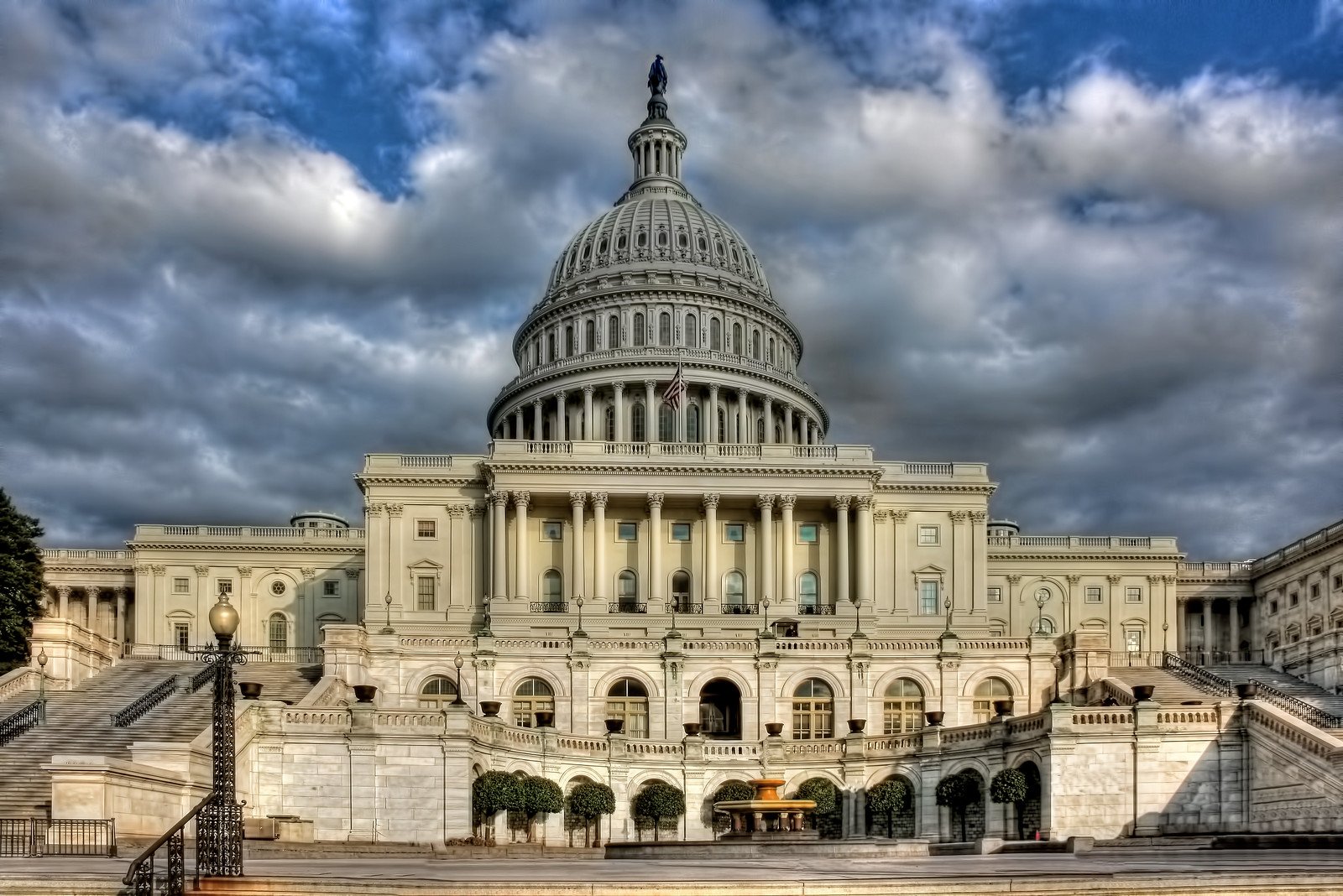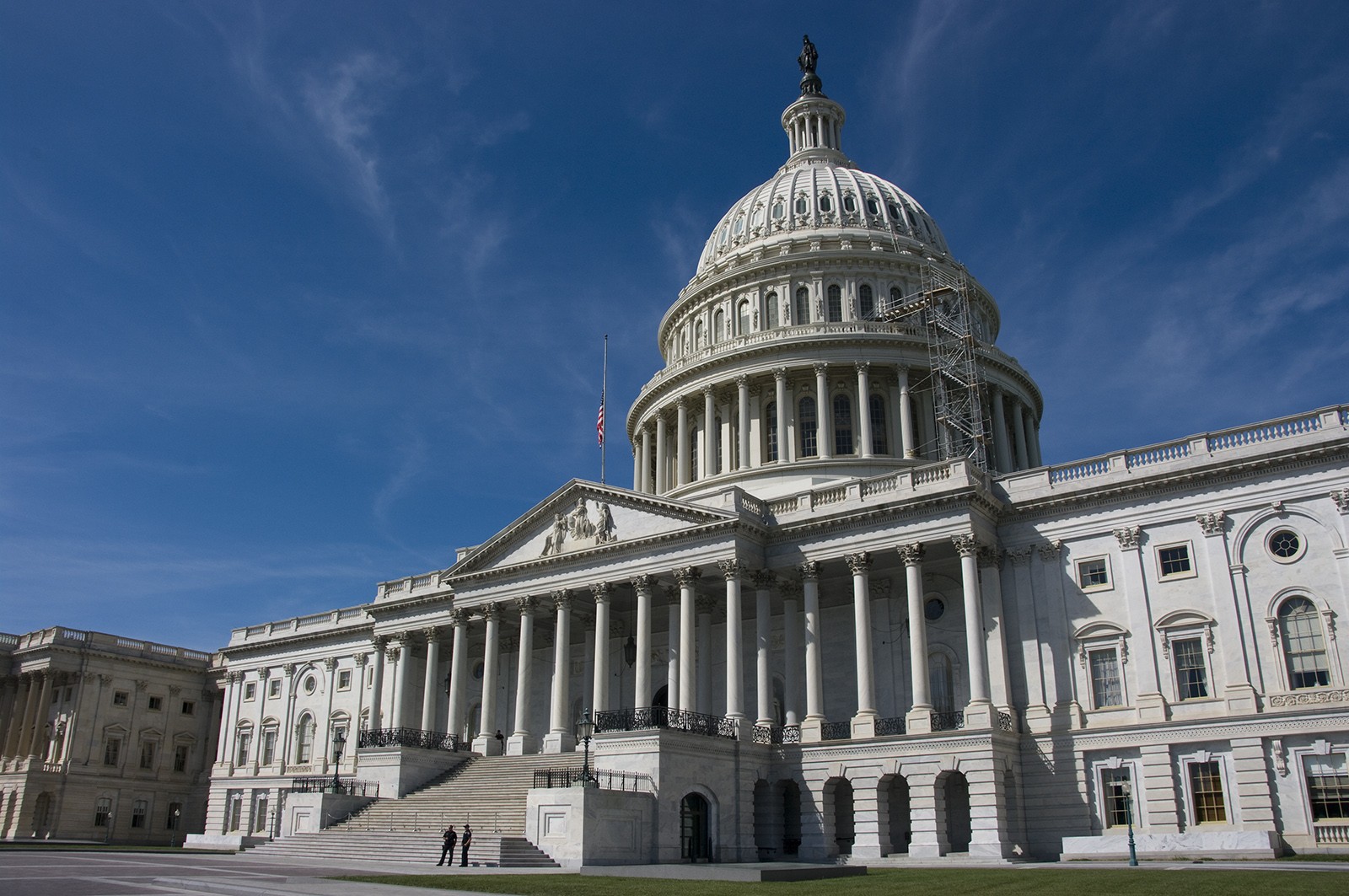
Key Takeaways
- Russia has passed a law allowing Bitcoin payments for international trade.
- The law is part of efforts to circumvent Western sanctions imposed after the Ukraine invasion.
- The central bank will create an 'experimental' infrastructure for Bitcoin payments.
Russian lawmakers passed a bill on Tuesday enabling businesses to use Bitcoin in international trade, a strategic move to circumvent Western sanctions imposed after Russia’s invasion of Ukraine. The law is set to be implemented in September, with Russian central bank Governor Elvira Nabiullina stating that the first Bitcoin transactions will occur by the end of the year.
Russia has experienced significant delays in payments with major trading partners such as China, India, and the United Arab Emirates. These delays arose as banks in these countries, under pressure from Western regulators, adopted more cautious approaches. Anatoly Aksakov, head of the Duma lower house of parliament, remarked,
We are taking a historic decision in the financial sphere.
The new law mandates the creation of an “experimental” infrastructure for Bitcoin payments, overseen by the central bank. While specifics of this infrastructure are yet to be disclosed, the law is part of a broader package regulating Bitcoin mining and other digital assets. Notably, the existing ban on Bitcoin payments within Russia remains unchanged.
The central bank highlighted that payment delays have significantly impacted the Russian economy, contributing to an 8% decline in imports during the second quarter of 2024. Despite attempts to transition to the currencies of trading partners and develop an alternative payment system within the BRICS group, many transactions still occur in dollars and euros through the international SWIFT system. This exposes banks in countries trading with Russia to the risk of secondary sanctions, prompting stricter compliance procedures.
Nabiullina, emphasizing that payment delays have resulted in longer supply chains and increased costs, said,
The risks of secondary sanctions have grown. They make payments for imports difficult, and that concerns a wide range of goods.




